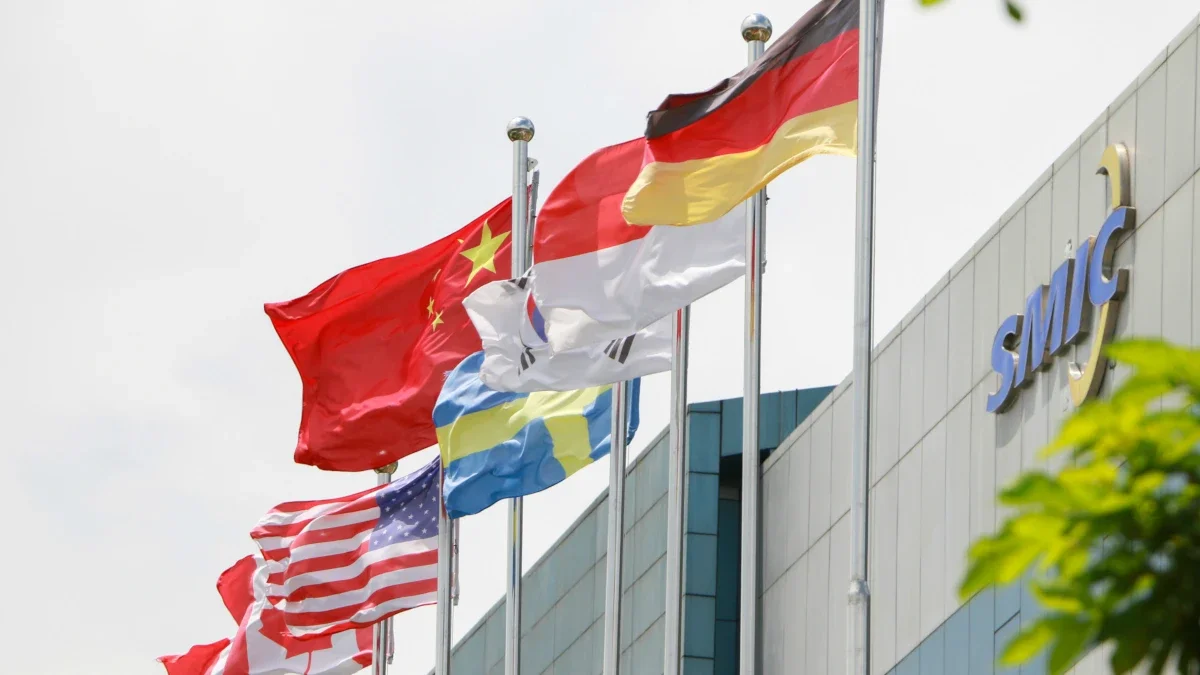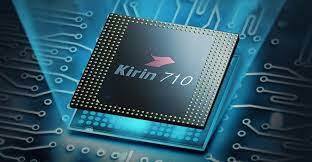China's SMIC slaps TSMC in the face with a glove

Taiwan Semiconductor Manufacturing Company, Limited (TSMC) is arguably the most important company in the world. The foundry produces cutting-edge chips for top tech firms such as Apple, Mediatek, AMD, and others. TSMC and Samsung Foundry are currently turning out components using their 5nm process nodes (although both are facing delays for their 3nm process nodes).
China is looking to become self-sourcing when it comes to chips, but there is a problem. The country's leading foundry, Semiconductor Manufacturing International Corporation (SMIC), isn't close to having the technology that would allow it to produce 5nm chips let alone 3nm chips. Part of the reason is that the U.S. is blocking the foundry from receiving an extreme ultraviolet (EUV) lithography machine that is used to etch very fine circuitry designs on the wafers that become chips.
91% of SMIC's Q2 2020 revenue came from mature nodes such as 40nm and 45nm
SMIC did purchase an EUV machine from industry leader ASML in 2018, but hasn't received it forcing the foundry to use deep ultraviolet lithography. This lessens the company's chances of catching up with the process leaders although it might not matter right now. During last year's second quarter, nearly 91% of SMIC's revenue came from older tech (40nm/45nm and up) while only 9.1% of the quarter's wafer revenue came from 28nm and 14nm nodes (the 28nm node was more popular than the 14nm).

Huawei's Kirin 710A is built by SMIC using the 14nm process node
Last year, the U.S. changed an export rule so that any foundry using U.S. tech to produce chips can no longer ship these components to Huawei. The latter's HiSilicon unit designed 5G chips for Huawei's handsets that were manufactured by TSMC. But the new U.S. export rule is forcing Huawei to use a 4G only variant of the Snapdragon 888 on its latest flagship handset.
China's government and tech firms don't want to rely on foundries in other countries, especially since the U.S. can block shipments of powerful high-end chips to Chinese manufacturers. SMIC is China's best hope for building a self-sufficient chip industry in the country. SMIC is an important supplier for several Chinese chip designers as well as U.S. designer Qualcomm and reported record first-half earnings this year.
Nikkei Asia reports that today, SMIC announced that it will build an $8.87 billion fab in Shanghai to take on TSMC. Right now there is a chip shortage that is working its way from Automobile manufacturers to smartphone manufacturers, but it will take some time to get a new facility up and running.
SMIC will go toe to toe with TSMC over the 28nm process node used for Wi-Fi chips, image sensors, and more
The chips that will be made at SMIC's new factory will use the 28nm process node which means that these will not be advanced chips. However, they will be useful in the production of Wi-Fi chips, image sensors, microcontrollers, and more. And SMIC will be going up against TSMC which announced this year plans to expand its 28nm production in Nanjing, China to cover local demand.
When TSMC and Samsung were at 5nm, SMIC was stuck at 14nm. In fact, it even used that process node to deliver Huawei's Kirin 710A last May. Because Huawei wouldn't be restricted from obtaining cutting-edge chips from the Chinese foundry, getting SMIC into TSMC and Samsung territory when it comes to process node (5nm) could go a long way toward revitalizing Huawei.
SMIC's N+1 node has been called 8nm or an early version of the foundry's 7nm process node. Last year the company taped out and tested the N+1 node. The results is a chip that can deliver up to a 20% boost in performance over its 14nm process node with as much as a 57% decrease in power consumption and a 2.7 times increase in transistor density (although not for all transistor structures). But the 20% power boost is not enough for high-end devices leaving SMIC pushing the N+1 chips for low power and low-priced devices.
Follow us on Google News













Things that are NOT allowed:
To help keep our community safe and free from spam, we apply temporary limits to newly created accounts: